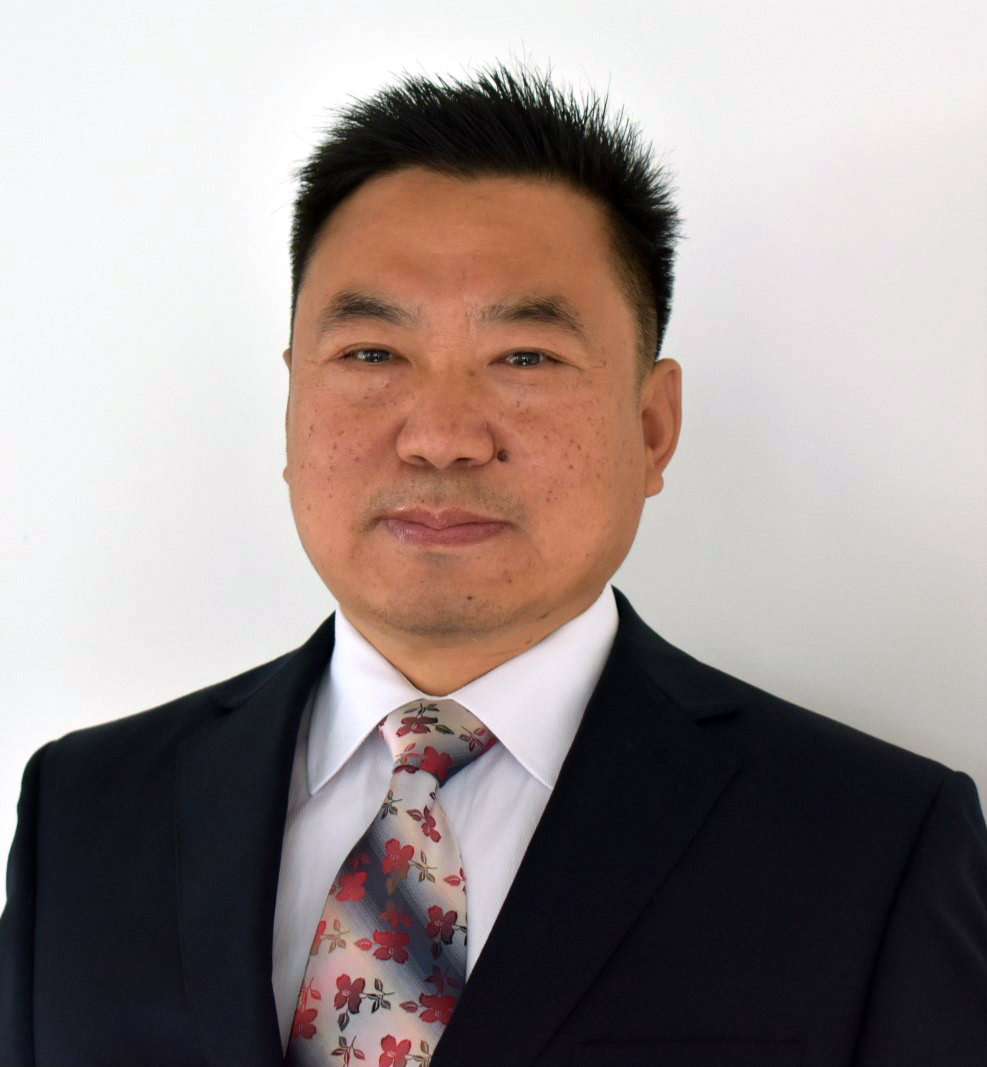Catherine the Great and Putin
Catherine the Great and Putin
— From Civilizational Expansion to Autocratic Regression
In the long course of human history, the fate of a nation often depends on the direction chosen by its leaders.
Catherine the Great and Vladimir Putin — two Russian rulers separated by three centuries — exemplify how leadership can shape the destiny of a country.
Catherine led Russia toward openness and reform, integrating it into the stream of European civilization;
Putin, by contrast, has steered the nation toward confrontation and isolation.
Both are powerful figures, yet they represent two opposing civilizational choices — one leading to progress, the other to decline.
I. The Light of Civilization: Catherine’s Path of Openness
Catherine the Great understood the transformative power of Western civilization.
With a broad and enlightened vision, she introduced European science, education, and administrative systems, guiding Russia out of its feudal enclosure.
From St. Petersburg to Siberia, from the Volga River to the Central Asian steppes, Western knowledge and culture spread through her reforms.
Though her modernization brought temporary pain, it enabled vast regions of the empire to make a leap in social and intellectual development.
Catherine turned Russia into a participant of the European world — not a mere periphery of it.
Her territorial expansion was an extension of civilization, not an act of plunder.
II. Against the Current: Putin’s Regressive Road
Putin, however, has chosen the opposite direction.
He seeks to export an Eastern-style centralized autocracy westward — to impose an outdated model upon a modern world.
In the 21st century, national strength is no longer measured by territory or population, but by innovation, institutional openness, and technological vitality.
Across today’s Europe, borders are becoming blurred, governance models increasingly standardized, and economic and cultural exchanges ever more fluid.
This is the rhythm of modern civilization.
Yet Putin remains trapped in the mindset of an imperial age, seeking to assert strength through invasion and coercion.
His war in Ukraine is not merely a military confrontation; it is a civilizational clash — between openness and isolation, freedom and control.
It exposes Russia’s deepest dilemma: an empire trying to resurrect itself in a post-imperial world.
III. The Civilizational Divide: Russia’s Shift from Expansion to Contraction
In Catherine’s time, expansion meant spreading enlightenment; in Putin’s era, it has become an instrument of repression.
One conformed to the current of history, the other defied it.
One brought ascent; the other invites decline.
The world has entered an age where true national greatness lies not in the size of one’s territory, but in the dignity, freedom, and creativity of its people.
Putin claims to follow Catherine’s legacy, yet he has misunderstood her essence:
she embraced openness to secure Russia’s future — he embraces closure and confrontation, ensuring its isolation.
Catherine led Russia toward the light of civilization;
Putin has turned it away from that light.
That is the divergence of history — and the verdict of civilization.
